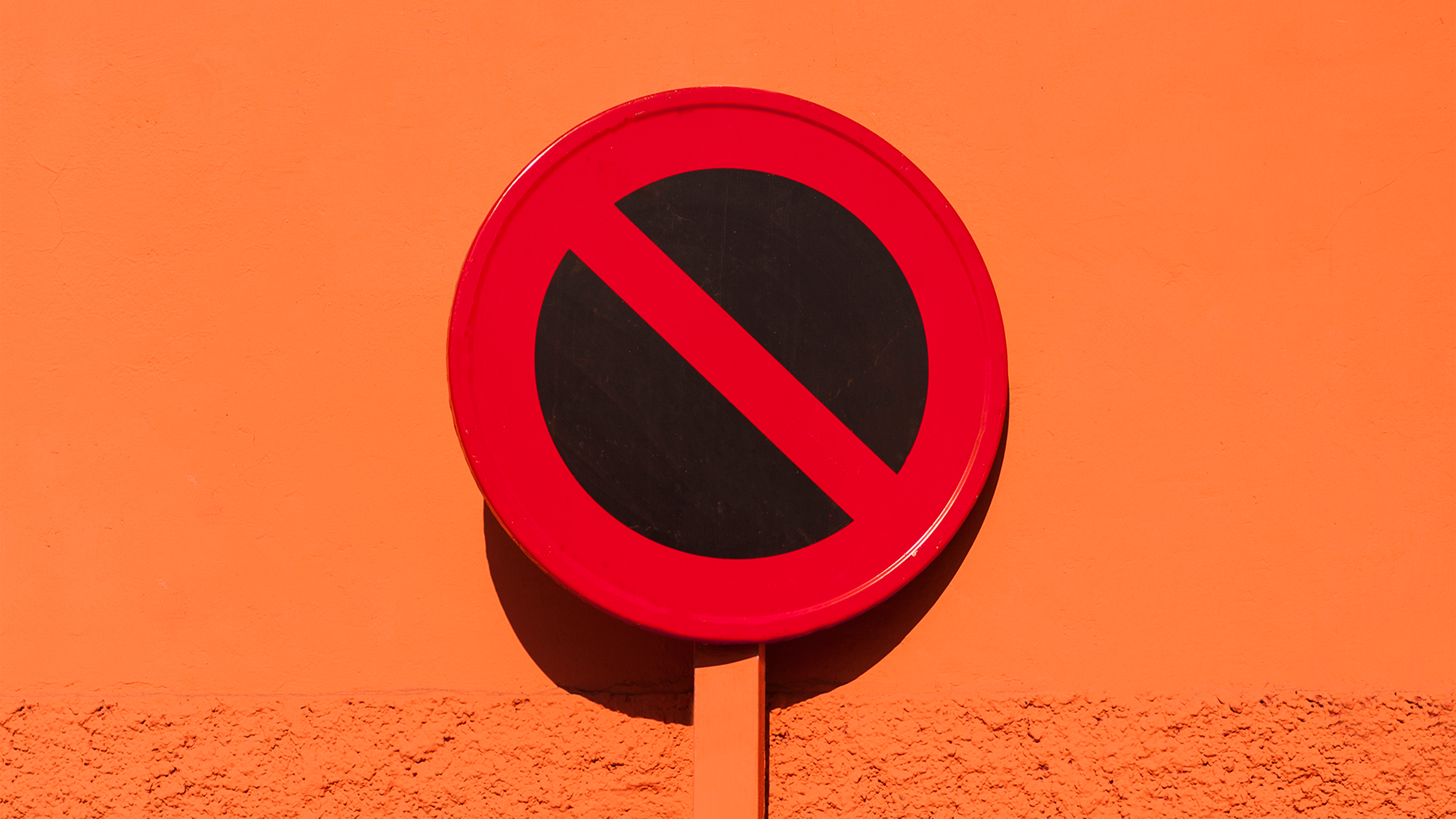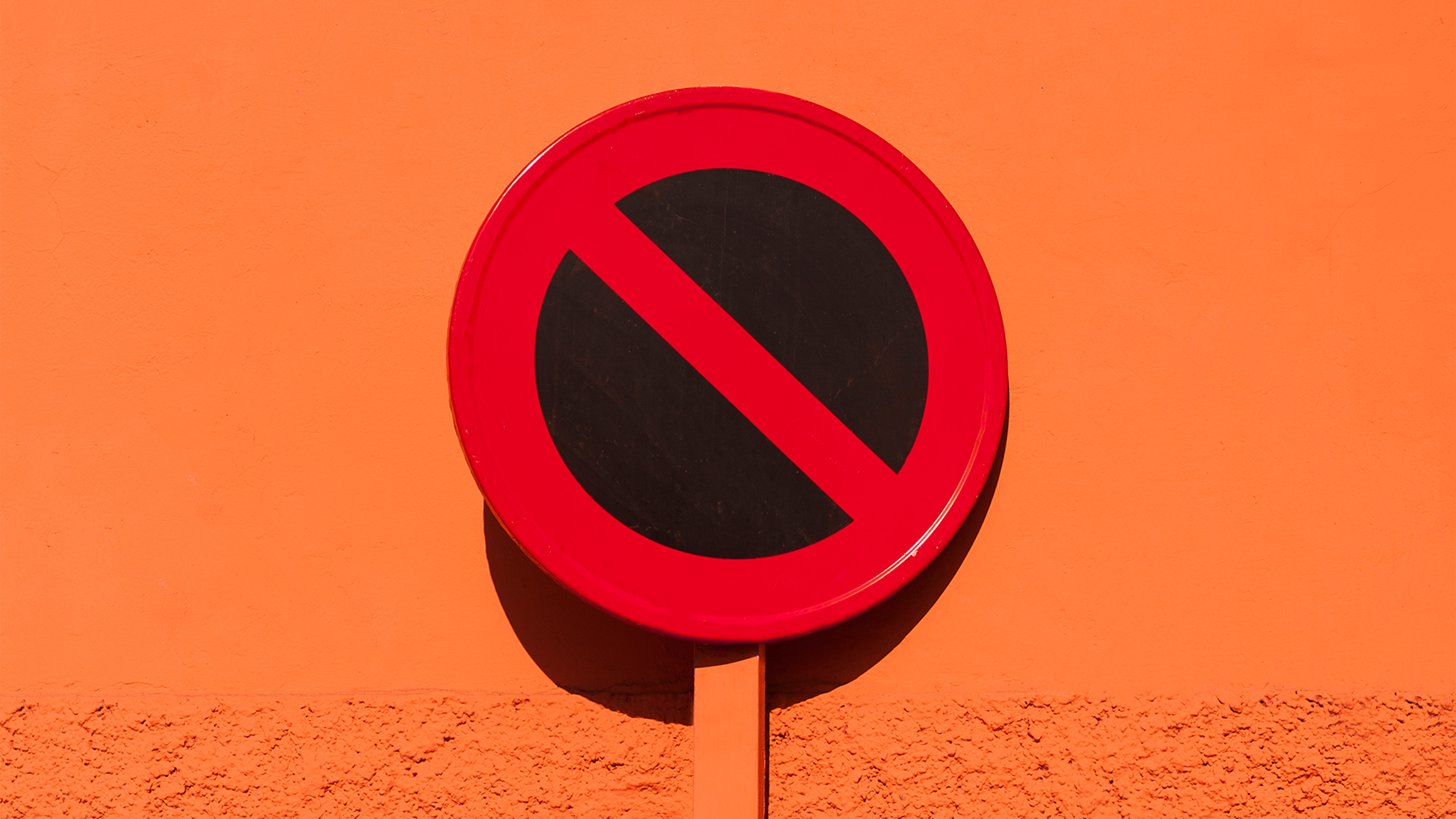

I’d just got in the bath when my phone buzzed on the window sill. It was, alas, out of reach. But I had a sneaking suspicion of who the message was from.
I got up and leaned across to my device, bath suds and water dripping all over the floor. With wet fingers, I swiped up to see the WhatsApp and instantly wished I’d stayed in the bath.
“Send pics,” read the message from the guy I barely knew.
Until this moment, things had been going so well. So well, in fact, that I was deeply suspicious.
Sending nudes to a near-stranger in the early stages of dating is a boundary for me. That might not be the case for everyone, but in my case, it’s not something I do unless I’m sleeping with the person. But at this point, I hadn’t even gone on a first date with this guy yet. We’d simply kissed on a night out with friends and started texting each other.
I sat back in the bath and deliberated how to respond. My heart raced as I asked myself if it was easier to just comply with this request. My thoughts urged me not to be awkward, not to be a prude. But something stronger was overriding these — a fierce feeling that I just didn’t want to do what was being asked of me. The anxiety I could physically feel told me I’d be crossing my own boundaries if I yielded.
I waited an hour, scrambling to find the right words to tell him ‘no.’ “Hey,” I began. “So I have a rule that I don’t send pics to someone unless I’ve slept with them.” He replied almost instantly. “That is a very good rule,” he said. The conversation went back to whatever we’d been talking about before. No awkwardness, no annoyance, nothing that I’d feared had happened.
But I couldn’t shake the feeling that at age 30, I shouldn’t be struggling to tell a man I’d met twice that I didn’t want to do something. But here we are. My friends also tell me they feel highly nervous, overcome with anxiety when setting boundaries in the early stages of dating.
Why are boundaries important?
So, why are boundaries so important? “Boundaries set the basic guidelines for how a person wants to be treated,” according to Neil Wilkie, founder of online couples therapy platform The Relationship Paradigm. “Clear boundaries are essential for our own mental health and self-esteem.”
While this post deals primarily with boundaries in dating and romantic and sexual relationships, I’d note that boundaries are vital in ALL relationships — be that with family, friends, colleagues, and even your internet followers. For marginalised communities, in particular, respecting boundaries is deeply important in preventing re-traumatisation, and examples of boundary violations can include white people asking their Black friends to explain racism and people tagging sexual violence survivors in social media posts about sexual trauma. Everyone has the right to set boundaries and to have them respected.
Why does boundary setting feel difficult?
Boundaries are key, but in terms of dating, establishing them with someone you like and don’t know very well can seem a little daunting at first. “When we’re nervous about holding onto someone else’s approval we can compromise on boundaries,” Rachael Lloyd, relationship expert at eharmony, told me. “But once you start doing that, your own sense of self can erode and you can soon lose yourself in the relationship.” If you’re not 100 percent sure of your own boundaries, Lloyd said you might be clued in by your instincts. “You’ll know when a boundary is overstepped because you’re likely to suddenly feel triggered emotionally, within your body.”
Getting in early with boundary setting also means heading off at the pass any potential future sources of resentment and friction that could arise. “In the early days of a relationship it is rare for a couple to discuss boundaries, which will mean that the ground rules are unclear and uncertain,” explained Wilkie. Discussing your sexual boundaries with a new partner is particularly important in making sure you both feel comfortable and safe. “It is so much easier to talk about boundaries in the early days of a relationship as that will be coming from a place of growth and clarity rather than resentment and blame,” Wilkie added.
How to talk about boundaries
What do you do if a discussion with someone you’re newly dating veers into territory that you’re not OK with? “If you enter into a topic of conversation that makes you feel uncomfortable or is delicate, such as political views, family life or salary, politely assert your boundary and explain that you’d rather not discuss that at this point, while changing the conversation to something that you have in common,” explained Lloyd.
But you don’t have to wait until a line has been crossed before having a chat about boundaries. Why not have a conversation about both your boundaries? “Introduce the topic gently, maybe by asking them, ‘What is important for you in a relationship?’. If they open up, great. If not, then try again in a different way,” Wilkie suggested. “Notice what is important for you and what boundaries you feel are being transgressed. Bring these up in a way like: ‘When you do x, I feel y’ rather than ‘It’s horrible when you do x’ do.”
If the person is reluctant to discuss boundaries, or if they react badly to you setting a boundary, this could be a red flag. “If they are breaking the boundaries and don’t want to engage in conversation about it, question if are they right for me?” said Wilkie.
When it comes to intimacy, it’s advisable to bring up sexual boundaries before you’ve entered a sexual encounter with that person. In the moment, if you are having sex with someone and a boundary is being crossed, remember that consent can be withdrawn at any point, and each new sexual act that’s introduced in an encounter needs to be consented to. Our boundaries change and evolve over time, so if you’re in a long-term relationship with someone, check in with each other and see where you’re at.
If you’re in a long-term relationship with someone and you want to have a meaningful exchange about one another’s boundaries, you could try drawing up a list. Wilkie suggested getting each partner to draw up a list of what their boundaries are, then sharing and discussing what those boundaries mean to them, before comparing any similarities and differences. Making sure you’ve been listened to and understood is really important. If you feel there’s room for improvement in the way your partner interacts with and respects those boundaries, let them know. If you want to, schedule regular meetings to chat about these and whether sufficient progress has been made.
At the end of the day, we’re all entitled to boundaries and we deserve to have them respected. Just because you’re in the early stages of dating someone doesn’t mean you have to compromise on something that keeps you feeling protected and safe. The person’s response to a boundary being set will usually give you a good idea about whether this relationship is worth pursuing.
This article was first published in 2020 and republished in 2024.
